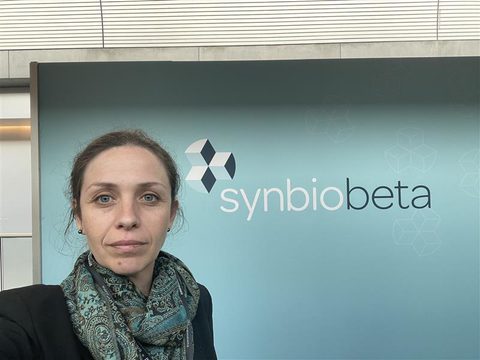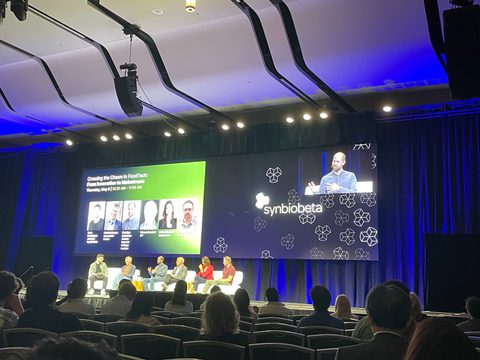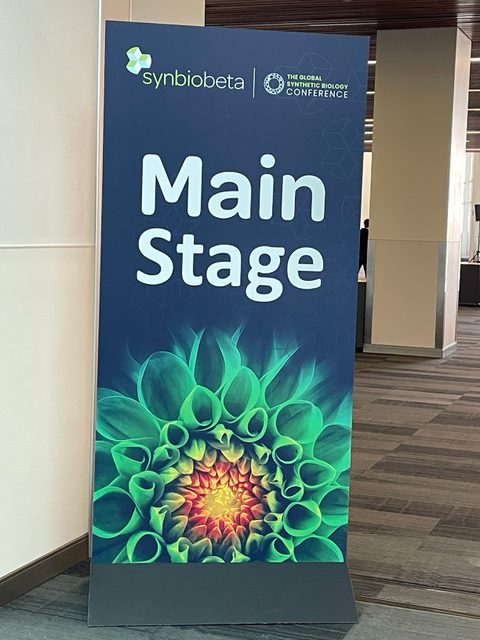

SynBioBeta 2025: Key Industry Trends and Challenges in Synthetic Biology
Synthetic biology is no longer the future - it's reshaping industries today!
SynBioBeta 2025 once again positioned itself as the global stage for synthetic biology’s most influential ideas. From advanced AI tools to the pressing demand for scalable biomanufacturing and sustainable processes, the event painted a clear picture: synthetic biology is growing fast, but the path to industrial impact is still marked by critical challenges.




1. AI Is Accelerating Discovery—but Not Without Gaps
Artificial intelligence is transforming enzyme design and synthetic biology workflows, enabling rapid screening and prediction of enzyme performance. However, despite the promise of speed and efficiency, many companies still struggle to bridge the gap between digital design and functional wet-lab validation. The need for integrated platforms that connect computational insights with real-world experimentation remains a top priority for the industry.
2. Biomanufacturing Must Catch Up to Innovation
While the pace of discovery is accelerating, scale-up remains a bottleneck. Many companies shared frustrations about the transition from lab to pilot and commercial scale, particularly when working with complex or novel enzymes. The demand for robust, reproducible, and scalable fermentation and purification processes has never been higher—but access to infrastructure and expertise remains uneven across the sector.
3. Enzymes Are Leading the Push for Sustainable Processes
With increasing regulatory and investor pressure to reduce environmental impact, enzymes are being recognised as essential tools in green chemistry. Their ability to drive highly selective reactions under mild conditions presents clear advantages over traditional chemical methods. Yet, identifying the right enzyme and optimising it for industrial use is still a time- and resource-intensive task, especially when aiming for both performance and sustainability.

4. Intellectual Property Models Are Hindering Progress
A recurring discussion among start-ups and established players alike was the challenge of navigating restrictive or unclear IP models. Licensing complexity can delay product development, block commercialisation, or force businesses to compromise on process design. The industry is calling for more transparent, flexible IP frameworks that support innovation rather than stifle it.
5. Collaboration Is Essential—but Hard to Get Right
Cross-disciplinary collaboration remains vital to unlocking synthetic biology’s full potential, yet many companies still face silos between discovery, development, and manufacturing. Effective partnerships—between platform developers, scale-up experts, and end users—are needed to align goals and accelerate commercial success. The demand for true end-to-end support, from concept to commercialisation, was a common theme throughout the event.
Supporting Innovation Beyond the Conference
At BRAIN-Biocatalysts Life Science Solutions, we understand these challenges because we work at their intersection every day. From AI-enabled discovery to commercial-scale enzyme manufacturing, we partner with companies across the life science and pharmaceutical sectors to turn innovation into real-world impact.